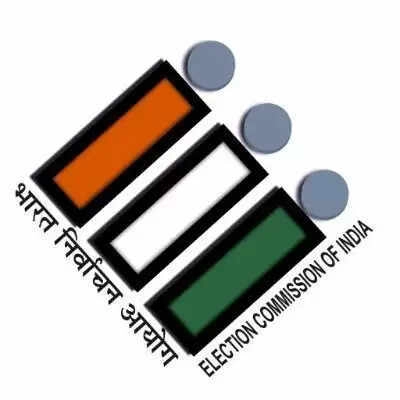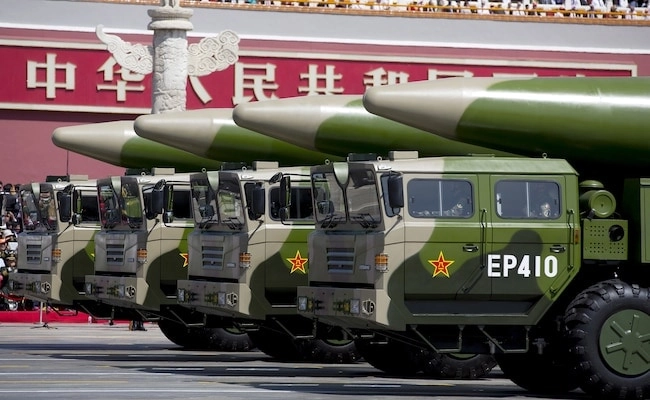Operation Sindoor, a significant counter-terrorism initiative, has recently garnered attention due to its successful elimination of five terrorists. This operation highlights the ongoing struggle against extremism in the region and raises pressing questions about the complexities of dealing with terrorism. The five individuals targeted during this operation were believed to be key operatives within a terror organization that has been responsible for numerous attacks on civilians and security forces alike. Their elimination is seen as a tactical victory in the broader fight against terrorism, aimed at disrupting the operational capabilities of such groups.
However, the aftermath of Operation Sindoor took an unexpected turn when it was revealed that the Pakistani government provided state funerals for the deceased terrorists. This decision has sparked a significant backlash and raised eyebrows both domestically and internationally. Many observers argue that honoring individuals who were involved in acts of terror sends a contradictory message, potentially undermining the efforts of the Pakistani military and law enforcement agencies to combat extremism. The move has ignited a heated debate about the narratives surrounding terrorism in the region and the implications of martyrdom in certain political and social contexts.
The provision of state funerals for terrorists poses a dilemma for policymakers and security experts. On one hand, it reflects the complex socio-political dynamics within Pakistan, where some factions may view these individuals as heroes or martyrs for a cause they believe in. On the other hand, it risks alienating the broader population that has suffered from the violence perpetrated by such groups. This duality illustrates the challenges faced by governments in addressing terrorism while managing public perception and sentiment. As the situation unfolds, it remains to be seen how the Pakistani government will navigate this delicate issue and what impact it will have on the ongoing fight against terrorism in the region. The implications of these actions could reverberate for years to come, influencing both domestic policy and international relations.




